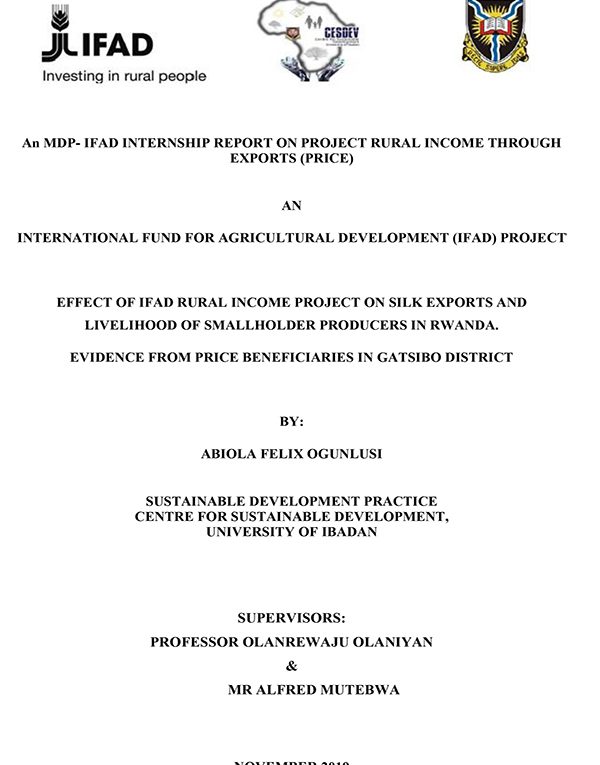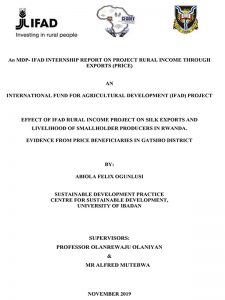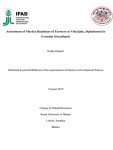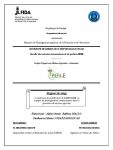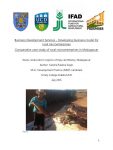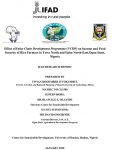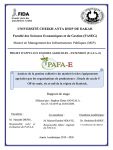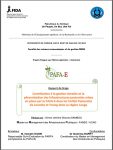Effect Of IFAD Rural Income Project On Silk Exports And Livelihood Of Smallholder Producers In Rwanda
- Report Release Date
- Project Country
- MDP Program
- Project Name
- Author(s)
- Download
In 2005, sericulture was introduced in Rwanda to increase raw materials for the textile industry. Therefore, it has provided a new source of income, reduced unemployment and most likely to improve the livelihood status of poor silk smallholder producers by increasing their income earnings. The high yield in silk production has been favourable due to the favourable climatic conditions for mulberry cultivation, sericulture has been seen as a potential tool to reduce poverty and also to generate foreign exchanges from exportation.
This paper focuses on the impact of sericulture on the livelihood status of smallholder sericulture producers in Rwanda using the sustainable livelihoods framework. In particular, human factors, silk production, silk exportation and income. Thus, increasing agricultural productivity is critical in reducing rural poverty. Purposive and simple random sampling techniques were employed in selecting 286 sericulture households, farmers. Data for this study were obtained from a primary source using an interview schedule guided by a structured questionnaire and Key Informant Interviews (KII). Descriptive statistics such as frequencies, percentages, and charts, were used for data analysis.
| File | Action |
|---|---|
| 2019_Abiola_Felix_Ogunlusi_UofIbadan_Rwanda | Download |


